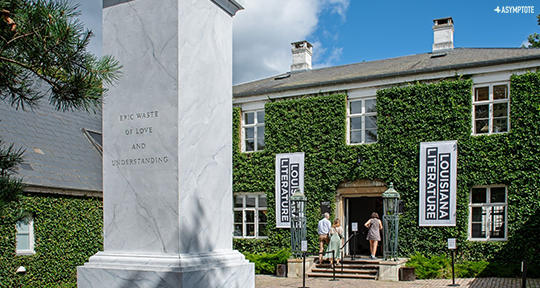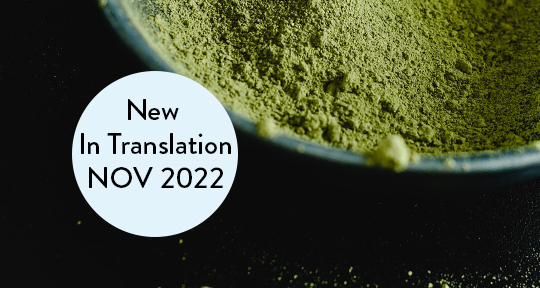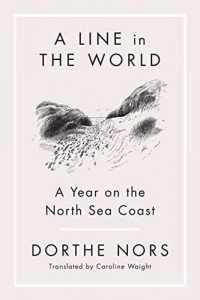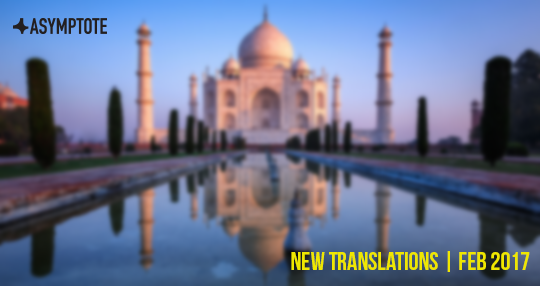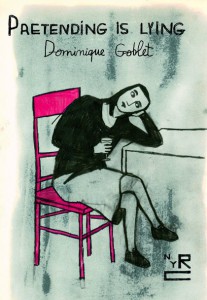The week, we bring more updates from writers around the globe as they continue to commemorate, resist, show solidarity, and contemplate our present moment. In Greece, the literary world remembers the historic Athens Polytechnic Uprising; in the UK, the prestigious Warwick Prize for Women in Translation is awarded; in Spain, an exciting young literary festival brings together some of the best names in Spanish-language writing today, to talk about that eternal subject—time; and lastly, our editor from Palestine expresses gratitude for those around the world who have continued to stand up and show support.
Christina Chatzitheodorou, Editor-at-Large, reporting for Greece
The book Speak, Bird, Speak Again: Palestinian Arab Folktales was recently translated from English into Greek by Dimitris Koufontinas and published by Monopati Editions. In the collection, editors Ibrahim Muhawi and Sharif Kanaana have gathered and selected stories from Palestine that best exemplify the Palestinian Arab folk oral tradition, and the translation represents an important addition for Palestinian and Arab literature in the Greek language.
Recently, on the fiftieth anniversary of the Athens Polytechnic Uprising (1973), Giorgos Perantonakis wrote an article for Book Press, highlighting the continual legacy that this demonstration—and the dictatorship, the Regime of the Colonels (1967-1974), that it protested—has left on Greek literature, citing important works from poetry and novels to personal memoirs. However, Perantonakis omitted one of the most important anti-dictatorial titles: Ta Dekaokto Kimena (The Eighteen Texts), a collective volume of eighteen writers (including Georgios Seferis, Manolis Anagnostakis, and Stratis Tsirkas) and their political works, which was published in July 1970 by Kedros Publications. READ MORE…


